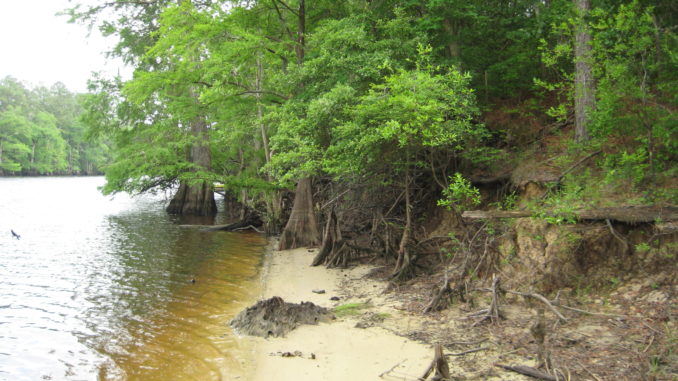
Bass fishermen typically keep a tight watch on the water temperature and clarity and the direction and intensity of the wind.
The tide is rarely a factor to consider, but for anglers fishing the Cooper River or other coastal rivers, the combination of the tide and wind can play a major role in success. If the wind and tide are moving in the same direction, water will really move. If the wind is opposing the tide, the water movement may be slow or stop.
When pro angler Britt Meyers won a BASS Elite Tournament in 2016, he travelled from WInyah Bay to the Cooper River and ran the tide.
“Tides made a big difference for me in the Cooper,” Meyers said. “On the first three fishing days, the best bite was earlier in the morning near the tide change, and (it) progressively got later in the day into the tournament. But the wind on the second day of the tournament changed things quickly.”
Meyers went from catching 18 to 20-pound, (5-fish) creel limits to an 8-pound limit when the wind held back the tide.
“Tides can be very predictable with stable weather, but heavy winds can throw a monkey wrench in everything and prevent water from moving back upriver; which is what happened to everybody fishing on the Cooper the last two days of tournament,” he said.
In coastal systems such as the Cooper, Meyers chooses to fish his best sports around the changes in the tide.
“I like the one-hour period around the tide change when the tide swings from high to low or from low to high. The fish tend to bite the best around these changes in current,” he said.
On the second day of the tournament, Meyers waited until the tide was perfect to fish a point he knew to hold fish.
“At 11:30, I pulled up to a point next to a depression and caught two 4-pound fish on back-to-back casts. I waited all morning for the tide to be exactly right before I went to that spot,” he said.
While tides and currents make a significant difference in how and where inshore saltwater species bite, largemouth bass acclimated to the tides will behave accordingly.

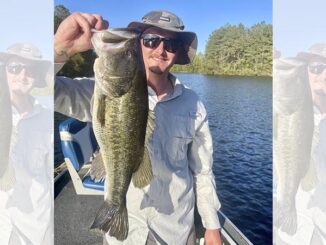
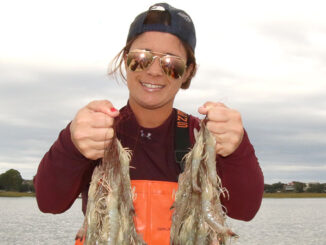
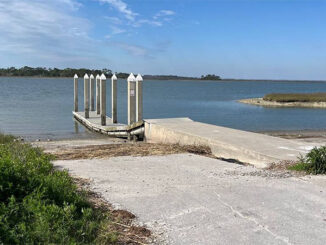
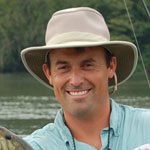
Be the first to comment